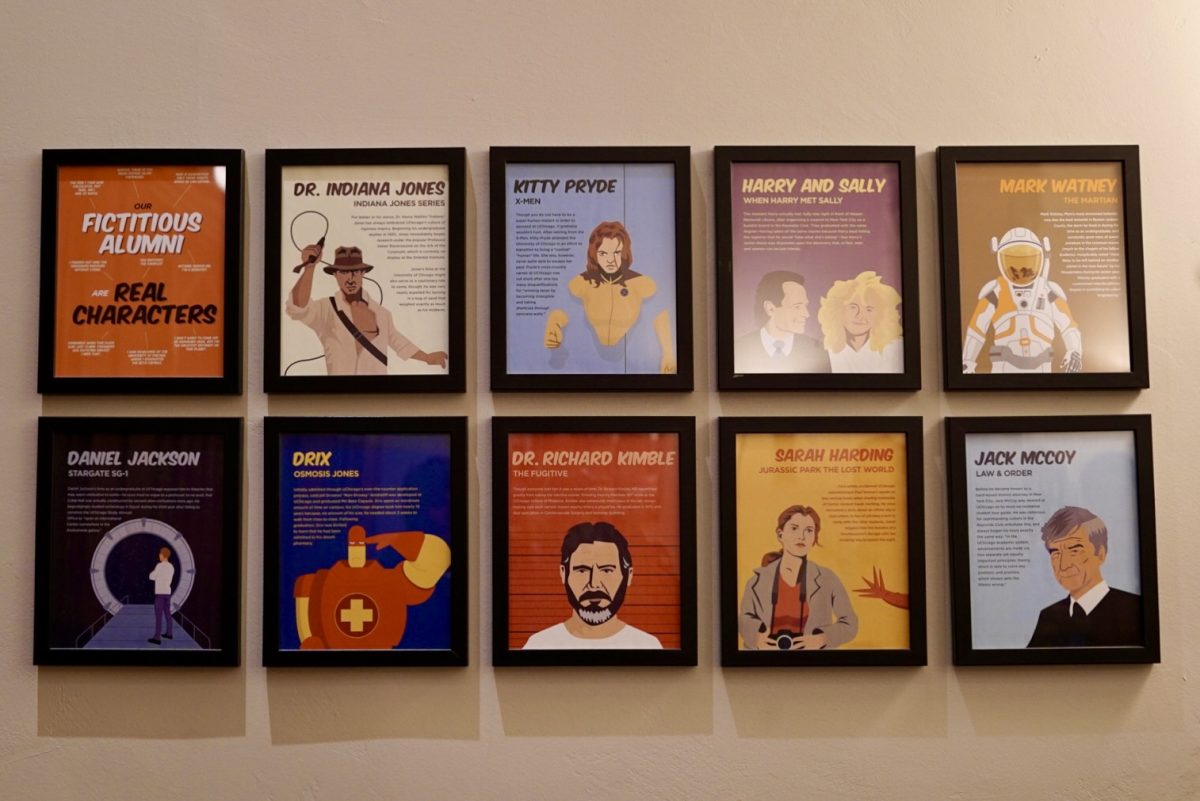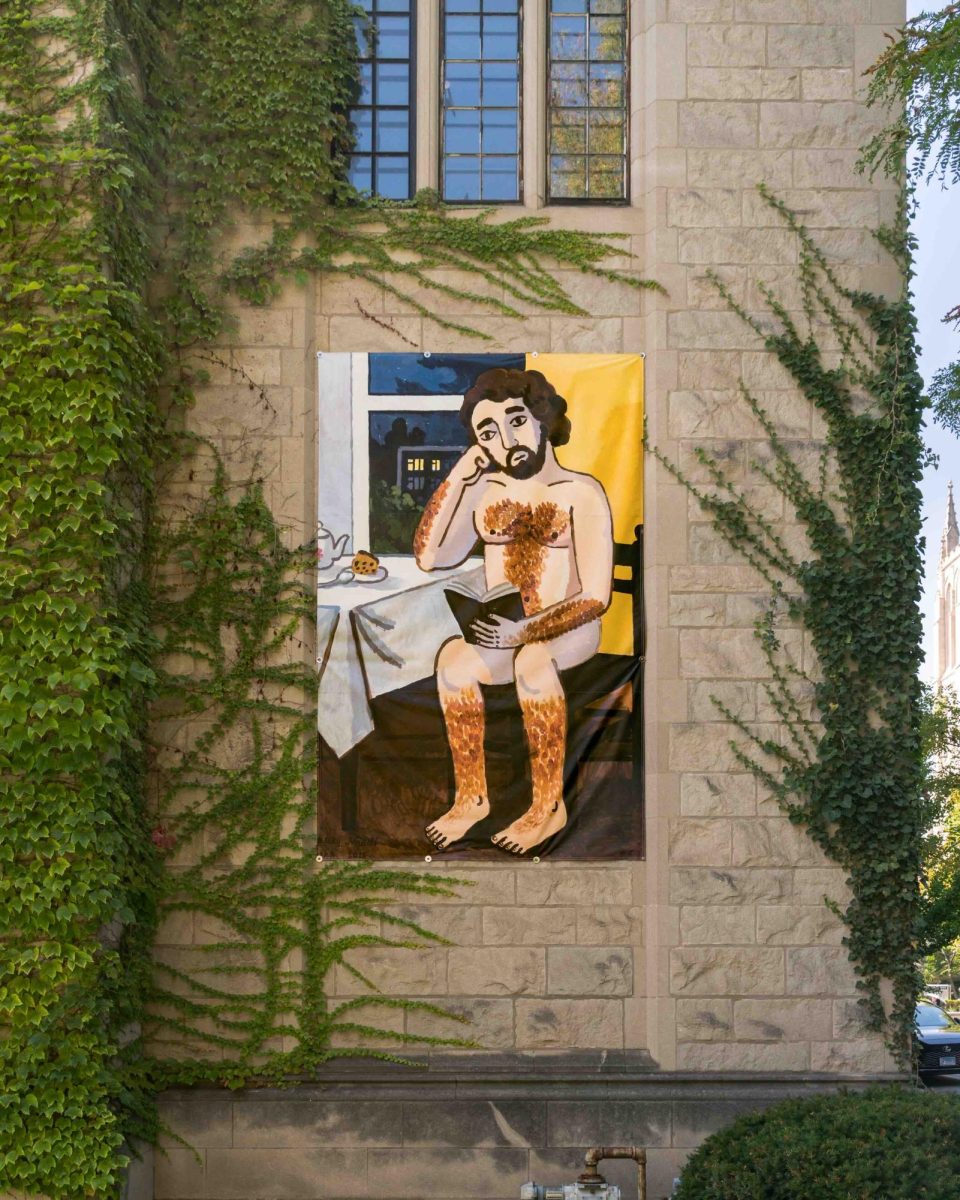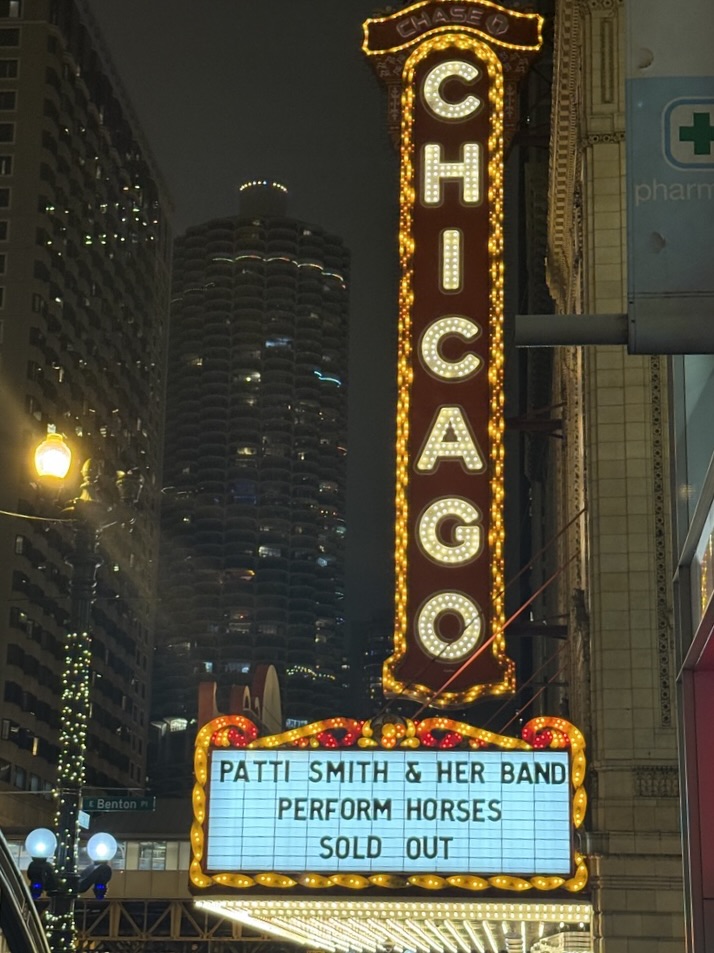These days, British indie rock bands seem more interested in popularity than longevity. “We wanted to make [a record] that sounds amazing next year and then terrible in 10 years,” said Justin Young, lead singer of The Vaccines, in an interview with the British music magazine NME. English Graffiti, The Vaccines’ third album, represents a paradigm shift: It’s supposed to be, in Young’s words, “genre-defining.” The point of English Graffiti was to take a risk—to move away from the catchy-but-generic guitar music The Vaccines have been making for four years.
Labeling their music as “generic” has historically been the easiest way to shit on The Vaccines, and more generally the other 2000s British indie groups that spent their formative musical years under the reign of Oasis frontman Noel Gallagher. “It’s boring!”—“It’s derivative!”—“It’s imitating imitators!” critics have shouted, mainly from this side of the pond.
But this isn’t a review of The Vaccines’ first album, What Did You Expect From The Vaccines?, nor of their second, Coming of Age. English Graffiti is an album by a band that realizes that rap and electronica are the most musically innovative genres today. Good on The Vaccines for understanding this, good on The Vaccines for wanting to make interesting music with guitars, and good on The Vaccines for attempting to better their sound while preserving the catchiness of their songs. English Graffiti isn’t “genre-defining,” but it certainly is a turning point for the band.
English Graffiti is definitely a Vaccines record, but it’s easy to tell that their sources of musical inspiration have shifted: Instead of following the sound exemplified by the Arctic Monkeys-Libertines-Oasis-Stone Roses-Sex Pistols axis, they went for a diverse mix of surf rock, ’80s synth rock, and a dash of the Beatles at their most experimental. The third track, “Minimal Affection,” has a synth-y intro and a guitar riff that reveals the band to be a fan of The Strokes’ polarizing Comedown Machine. Later on, “Give Me A Sign” uses the same keyboard power chords as Van Halen’s 1984 classic “Jump.” English Graffiti accumulates too many debts to its predecessors to be “genre-defining,” but it’s indisputably more complex than the band’s two previous efforts. Though The Vaccines had previously been reluctant to add studio effects that deviate even slightly from the classic two-guitars-a-bass-and-a-drum-set sound, “Handsome,” the lead track, immediately features a drum machine beat flitting between the listener’s earbuds.
Historically, the best Vaccines songs have always been fun, upbeat, frantic, and painfully catchy; I once accidentally listened to “Norgaard” (a playful, 90-second balcony-scene love song to a Danish model) 100 times in a row. Those types of songs are still present on English Graffiti, albeit with the band’s new “more is more” studio philosophy. “20/20” sounds like The Maccabees taking on Vampire Weekend’s “Worship You,” with the classic Vaccines failed relationship trope (“Hindsight sees in 20/20/But I’m through thinkin’ about you”). “Handsome” has the same chugging guitars and madcap pace as “20/20,” and the likelihood of the riff leaving your head after the first play is very, very slim.
English Graffiti also includes forays into a more mellow, psychedelic sound. The instrumental “Undercover” is obviously inspired by The Beatles’ classic “A Day in the Life,” and “All Afternoon (In Love)” is an airy, melancholy ballad in the same vein. All of this drawing from synth rock and psychedelia makes English Graffiti a richer record than its precursors, but cutting and pasting from other rock subgenres doesn’t make a genre-defining indie rock record.
The lyrics on English Graffiti still feature a heavy dose of Young’s bratty sense of humor (“Lonely, bored and bad, thank God I’m handsome”). These lyrics are probably the best-preserved aspect of The Vaccines’ old essence. Yet in English Graffiti, Young moves beyond the trials and triumphs of love: The title track examines the misattribution of appearance to reality, specifically addressing the perception of globalization where there is none: “We’ve been all over the place, from Peru to Taiwan and Ukraine, and it’s no surprise that the graffiti’s always in English. But the homogeneity and connection is really a misconception.”
With English Graffiti, the Vaccines add their thoughts to the discussion about the state of indie rock music. British critics question how much further rock can go. After all, rock has a much longer history than electronic music or hip hop—it’s probable that everything interesting that can be done with a guitar has been done. The Vaccines disagree: Although they aren’t making anything that will change the face of rock music, The Vaccines are trying, and that’s got to count for something.








